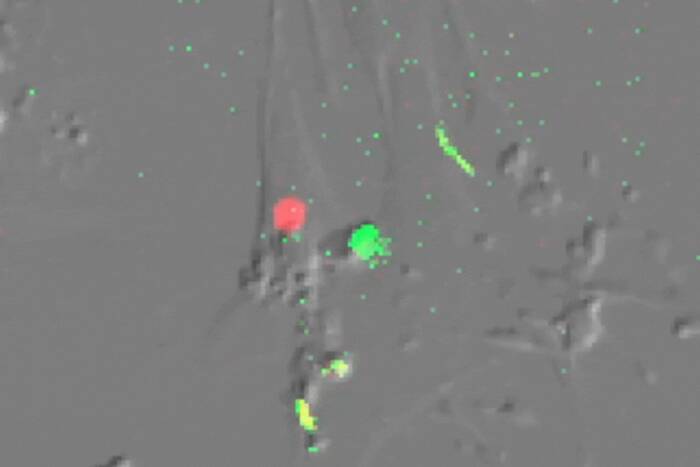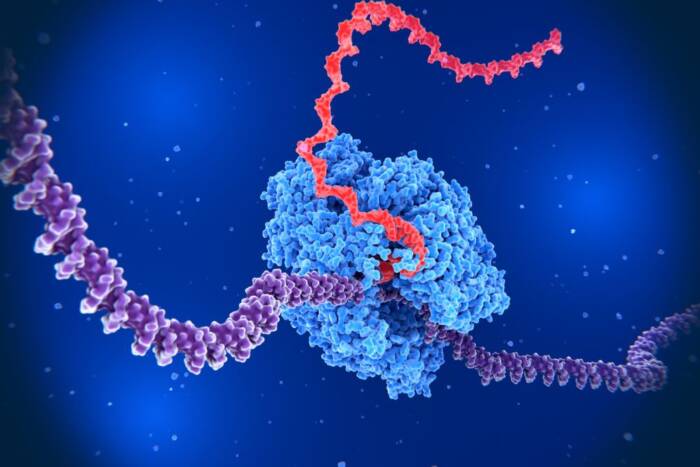Trudy M. McCall
B.S., University of California, Irvine
The Manipulation of Apical Dendritic Plasticity and the Consequences for the Effects of Chronic Stress
presented by Bruce S. McEwen
Trudy McCall graduated from the University of Calfornia, Irvine, in 2001, majoring in neuroscience. At UC Irvine, Trudy became interested in learning and memory, working with a leading figure in this area, James McGaugh, and she developed an interest in the hippocampus, a brain region that plays a key role in contextual and spatial memory. She won an Excellence in Research Award in her senior year. Trudy then worked for a year as academic coordinator for the neurobiology and behavior department at UC Irvine until she applied to and entered the Rockefeller graduate program in 2002.
Trudy joined our lab to work on the hippocampus, which we have found is a target of stress and stress hormones. Neurons have dendrites and dendrites are the “tree branches” of a neuron that receives input from other nerve cells. And neurons in the hippocampus have dendrites that shrink and lose connections as a result of chronic stress. Trudy chose to study the mechanism by which chronic stress causes the retraction of dendrites and impairs learning. She wanted to see whether she could prevent this dendritic retraction by disrupting a cell-surface molecule that is found on nerve cells, such as those in the hippocampus, that are able to expand or contract their dendritic trees as a result of stimulation. Trudy used a purified enzyme, called EndoN, that removes polysialic acid from the “neural cell adhesion molecule,” a key molecule on the surface of neurons.
What Trudy found was somewhat of a surprise: Indeed, EndoN did partially prevent the effects of stress. The dendrites of stressed EndoN-treated animals were longer than those of stressed control animals, but they were also longer than those of control animals not treated with EndoN. That is, EndoN caused dendrites to become longer and more branched than normal, whether or not there was stress applied. And there was a reflection of this in the animals’ behavior after chronic stress. While chronic stress causes a significant, but moderate, increase in anxiety and aggressive behavior, EndoN-treated rats that were also stressed showed a much larger increase in their anxiety and aggression. This suggests that the adaptive processes that occur during chronic stress normally dampen the behavioral changes that take place. Trudy is involved in a further study to find out whether the EndoN treatment makes the stressed animals more vulnerable to temporal lobe seizures and the damage that occurs in the hippocampus as a result of those seizures.



